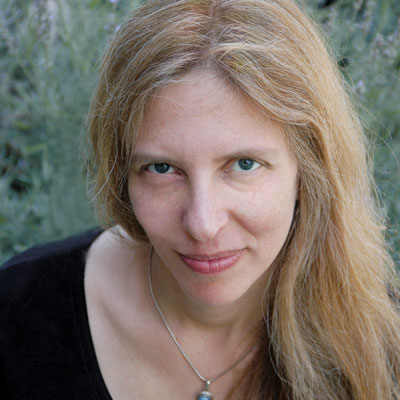by Nadine Epstein
On occasion, tectonic shifts occur that break apart continents of political thought and reshape them into new ones. A series of these shifts are underway right now, mostly arising from campuses, and they remind me, in their perplexing fierceness, of the movements of the 1960s and early 1970s that upended this country’s post-World War II equilibrium. At its heart, this upheaval is a crusade against privilege and bigotry. At its crudest, it views the world through the oversimplified lens of oppressed versus oppressor, which makes it an easy target for interest groups of all kinds to manipulate. At its best, it seeks to adjust the balance of power by opening the conversation to include people who have traditionally been excluded. The importance of this still-inchoate vision should not be discounted: In it may be the beginnings of the next few generations’ contributions toward transforming society.
Of course, society doesn’t change under laboratory conditions, and these shifts are partially driven by demographic and economic forces, with which they interact in myriad ways, causal and not. The most important one is the advent of instantaneous and targeted digital communication, which has dramatically altered how change itself occurs. (For better or worse, the Arab Spring was just a taste of this.) The fact that we now live in bubbles that allow us to filter out information we do not agree with is transforming how we think. By the way, this not always a matter of choice: The search algorithms that web behemoths such as Google and Facebook use guess what information we would like to see based on our past search history and click behavior. That means that today, each one of us can always be right—and righteous.
My role as an editor of a magazine is to watch, carefully report and inject perspective and nuance, and I believe it is important for us to explore the phenomena that are part of the current realignment. In the last issue we examined the relationship between the Black Lives Matter and Palestinian solidarity movements. In this issue we ask, “Is Free Speech on College Campuses Under Fire?”—an expanded version of a live symposium we held at Washington, DC’s Newseum in March. The divides among the respondents are palpable. I suggest reading this symposium with an open mind and seeing it as an opportunity to explore new viewpoints and perspectives. These voices are well worth listening to. You’ll learn about new orthodoxies and old ones from students, faculty members and legal experts, who explain their views about how the tensions between free speech and the need for “safe spaces,” and between free speech and religious rights, are playing out on campuses, in courts and elsewhere. The question we have posed may not seem to be a Jewish one on the surface. The cultural changes, however, directly affect Jewish students and faculty and are significant for American Jews who are keeping track of how Israel is perceived on campuses.
This is just one of the pieces in this issue addressing contentious topics within the Jewish community. In his review of Dov Waxman’s new book, Trouble in the Tribe: The American Jewish Conflict over Israel, Jay Michaelson examines the widening gulf between American Jews and Israel, and between American Jewish organizations and the bulk of American Jews who do not participate in them. In our Jewish Word section, we focus on BDS—the Boycott, Divestment and Sanctions movement. This exploration of the roots of the acronym includes important original reporting—an interview with BDS cofounder Omar Barghouti. You will also find a moving conversation with David Grossman (“The Dissenting Patriot”), in which the Israeli author speaks from the heart about the critical role artists play in a democracy and what it means to be loyal to the Jewish state. We feature an article on Jerusalem’s Mount Zion, a 30-acre tract abutting the Old City’s walls—and home to a building that houses both King David’s tomb and the room of the Last Supper—that has become a microcosm for all that is fearsome and hopeful in Israel. And, last but not least, our columnists discuss the upcoming American presidential elections and much more. Lo and behold, they do not agree with one another!
I believe that bringing all these voices together is critical to the civil discourse of our time and is what our community needs. This may not be as sexy as being “right-wing” or “left-wing,” but this kind of conversation is crucial and it is not taking place anywhere else. Moment is a small nonprofit publication in a world of organizations and companies that have resources we can only dream of, and I am very proud of what we do here. You can help by making sure that you share this issue—and the previous one—with people you know. Don’t forget about the college-aged and twenty-somethings in your world. They are especially hungry for this kind of information and perspective.
Not everything in this issue is political. Our summer culture guide showcases three Yemenite Israeli sisters whose music has gone viral in the Arabic-speaking world. We review a new Michael Wex book that marries Yiddish and schmaltz, and take a new look at Roman Vishniac’s photography. There’s the tale of black-and-white cookies, some lighthearted presidential candidate humor, our cartoon contest and Spice Box. Enjoy.
Next up will be our special summer books edition. Meanwhile, you can stay in touch with us between issues by signing up for our free newsletter, Moment Insider, at momentmag.com. That way you will receive our weekly updates about issues that concern you and learn about exciting Moment events. You can also find us on Facebook and Twitter.
Have a wonderful spring!

